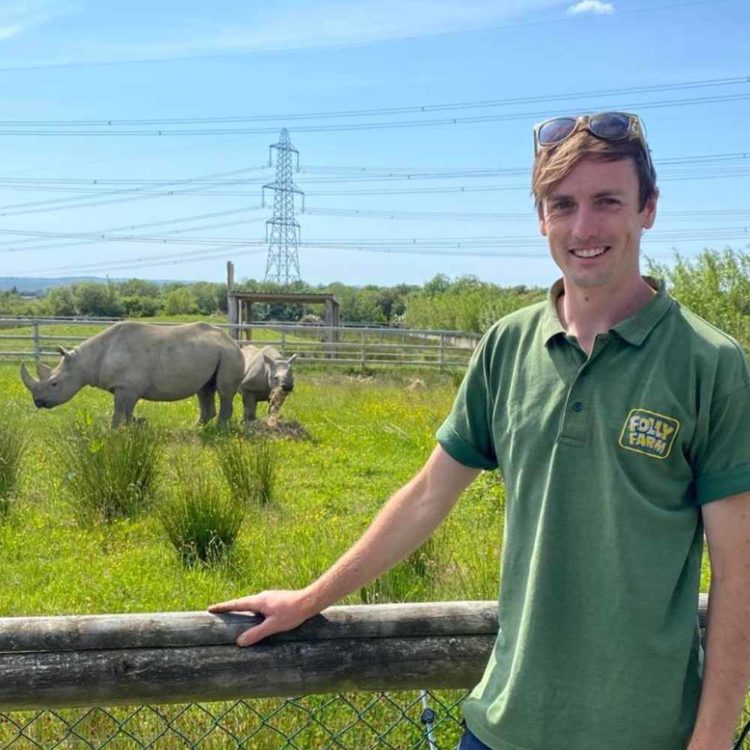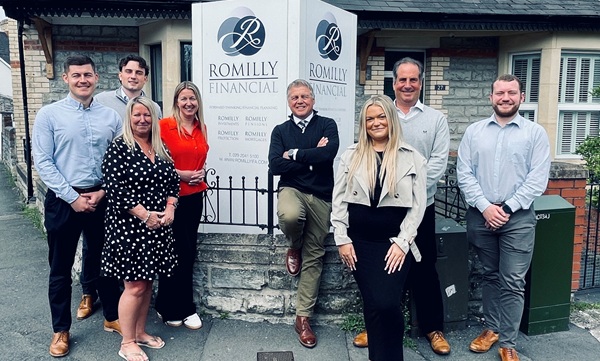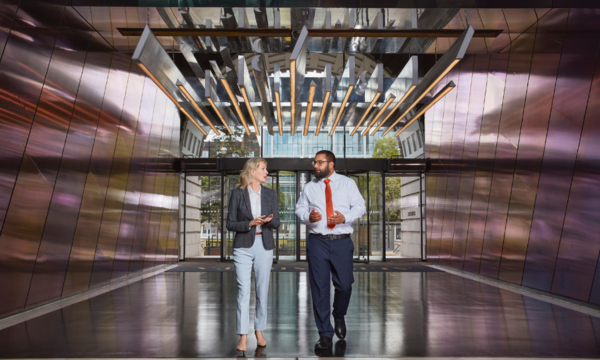Business News Wales spoke with Jack Gradidge, Conservation Office at Folly Farm, about the steps and measures in place, to sit sustainability at the heart of everything they do at this popular visitor attraction in Pembrokeshire
The Folly Farm Adventure Park and Zoo (also known as Folly Farm), situated to the north of Saundersfoot and Tenby in Pembrokeshire, is a visitor attraction in Wales with around 500,000 visitors each year. Initially a farm attraction, the park is now also home to an indoor vintage funfair, a zoo with over 200 different species of animal and extensive indoor and outdoor adventure play areas.
People, animals and environment are an integral and fundamental part of Folly Farm. The visitor attraction in West Wales recognises that they need to sustainably balance environmental, social and economic factors in equal harmony to interact with our planet responsibly.


They are invested in ensuring that they are able to meet present day needs whilst also looking to the future and meeting the needs of future generations. Throughout the business they feel strongly that the time to act is now, and they are continually implementing sustainability initiatives and reviewing the way they do things.
Folly Farm General Sustainability initiatives Include:
- Awarded the Green Key accreditation for several years in a row. The Green Keycertificate is the leading standard for excellence in the field of environmental responsibility and sustainable operation within the tourism industry.
- Established ‘Green Team’, which is a staff led team to create and enhance procedures that improve the sustainability of Folly Farm. The team meets regularly and is always looking at ways to improve our offering to ensure sustainable practice wherever possible.
- A conservation officer was recently employed to manage and enhance sustainability and wildlife conservation on our site, as well as working with conservation organisations both nationally and internationally.
- They grow willow trees on a 15 acre site which ultimately provides home grown food for some of the zoo and farm animals. It’s also habitat for various native species and helps to absorb carbon. The leftover woodchip is used as animal bedding or garden mulch.
- The manure from livestock is composted and used as natural fertilizer.
- They recently joined the Pembrokeshire Nature Partnership which aims to co-ordinate, promote and record existing and new actions to conserve, promote and enhance nature in the county of Pembrokeshire. Over the next 5 years they aim to re-nature large areas of farmland to create an important hub for local wildlife. Hedgerows, woodland, meadows, and wetland will be managed to encourage priority species of wildlife.
- Around the zoo, wildflower gardens have been planted to encourage native wildlife.
- They have joined the Welsh Government/Woodland Trust ‘My Tree Our Forest’ initiative. This is a Welsh Government scheme in the fight against climate change – they have committed to donating a tree to every household in Wales – completely free of charge. We are one of 52 distribution hubs for households to be able to collect their sapling. (https://www.woodlandtrust.org.uk/plant-trees/wales-tree-giveaway)
- Animal exhibits also show commitment to sustainability. Thier penguin enclosure, for example, highlights the issue of sea pollution and encourages guests to shop sustainably when purchasing fish products.
Water
- They have installed water refill stations around the park to allow guests to fill up their own water bottles and reuse/reduce/recycle (https://www.refill.org.uk/).
- On-site boreholes provide most of the parks water supply.
Waste
- Waste is sorted for recycling. They also take part in more specific recycling initiatives such as Nappi Cycle that recycles sanitary and nappy products, printer toner recycling, glass recycling and scrap metal.
- They encourage staff to fix broken tools or products before ordering new. A dedicated maintenance department is also utilised to fix durable goods.
- Sustainability is part of new staff induction procedures, for example they encourage staff to avoid printing wherever possible and have recently invested in a digital record software system to drastically reduce paper consumption.
- They have removed paper map hand-outs to guest and replaced with permanent map signage on park.
- They recently replaced plastic straws to paper straws and cutlery to wooden alternatives.
- A discount on hot drinks is offered to guests who bring their own reusable coffee mugs with them to the park to reduce our takeaway cup usage.
Energy
- They invested £250,000 in a solar panel system on the roof of the fairground to generate thier own electricity.
- Energy efficient hand driers have been installed throughout the toilet blocks which eliminated the use of paper towels.
- 10,000 lightbulbs in the vintage fairground were replaced with LED energy efficient versions saving 70% of the energy previously required.
- In 2017 they invested £600,000 in a biomass boiler system that heats the majority of the park, including the gift shop, office, catering outlets, the fair and some of the animal enclosures. It also provides hot water to all toilet blocks and catering facilities. The system runs from 100% renewable woodchip and saves 700 tonnes of carbon emissions annually.
- A second biomass boiler was installed at their new holiday park in 2021 to heat and supply water to the outlets, facilities and lodges.
- In 2021 they replaced our petrol go-karts with 18 fully electric go-karts with the help of Welsh Government’s Economic Resilience Fund Phase 3.







